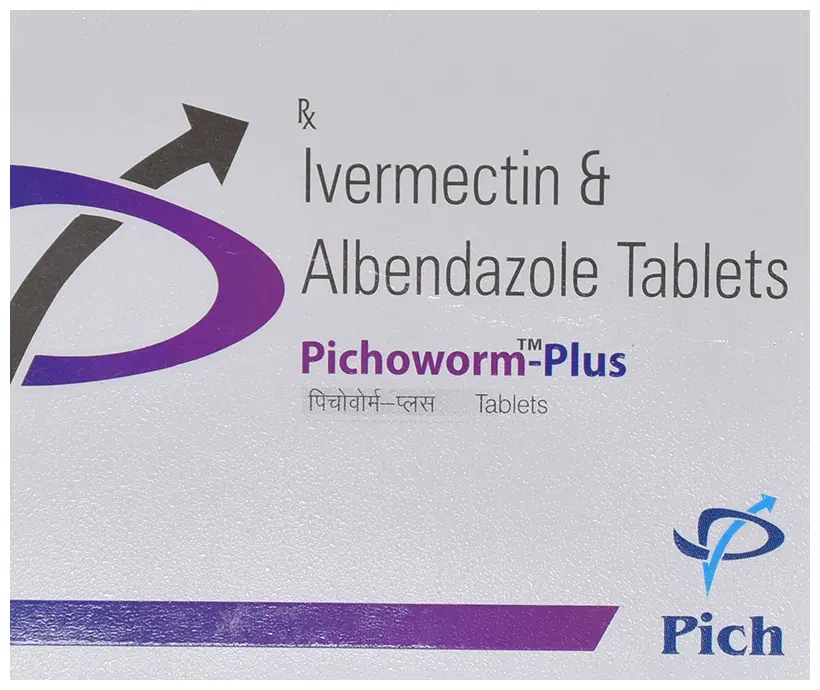Aminophylline, Theophylline
Aminophylline is a combination medication containing the active ingredient theophylline, which is a bronchodilator and a methylxanthine derivative. Theophylline is used primarily to treat respiratory conditions such as chronic obstructive pulmonary disease (COPD) and asthma.
In COPD, theophylline helps to relax and open the airways, making it easier to breathe. It also helps to reduce inflammation and mucus production in the lungs, further improving lung function. In asthma, theophylline acts as a bronchodilator, helping to open the airways and reduce symptoms such as wheezing, shortness of breath, and chest tightness.
Aminophylline is available in tablet and injection forms, and its dosage is adjusted according to individual patient needs and responses. It is important to monitor the levels of theophylline in the blood to ensure it remains within a therapeutic range, as both low and high levels can lead to side effects.
Common side effects of aminophylline include nausea, vomiting, headache, and tremors. More serious side effects can include seizures, irregular heartbeat, and liver or kidney damage. Patients should report any side effects to their healthcare provider.
Aminophylline should be used with caution in patients with a history of seizures, heart disease, liver or kidney disease, or peptic ulcers. It is not recommended for use in pregnant or breastfeeding women unless the potential benefits outweigh the risks.

Showing the single result
Showing the single result

